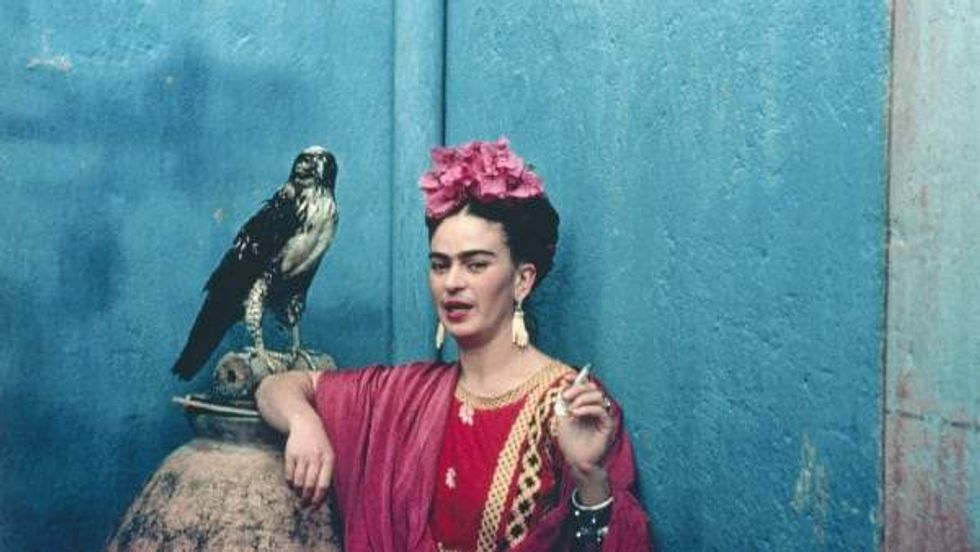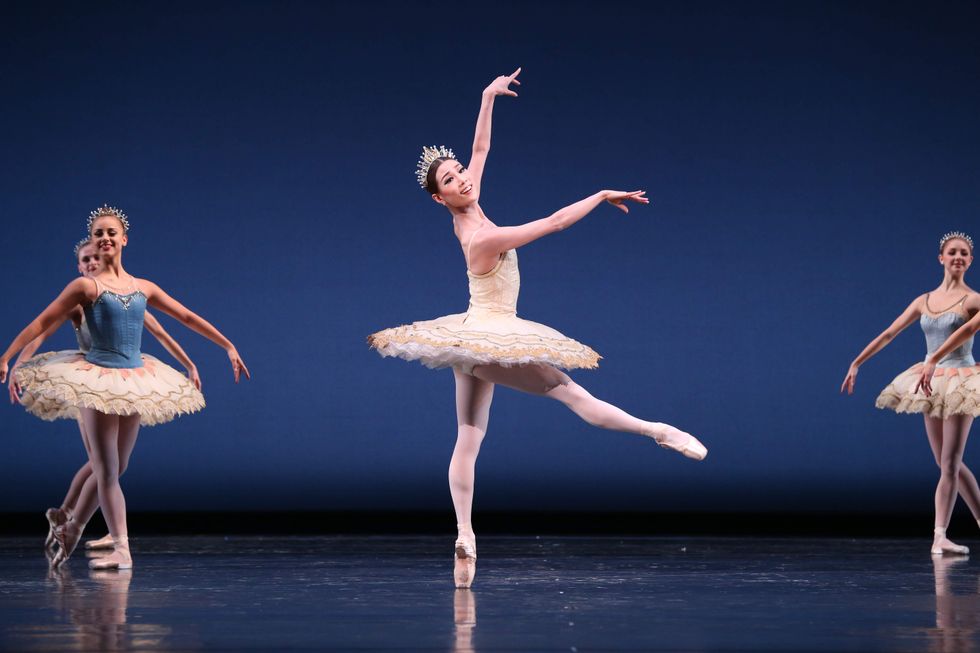Wife Swap
Love sextet? Everybody wins in swingers hoax that's an operatic masterpiece — laughs included
What do two sisters, two lovers, a maid and an old philosopher know about love?
Belt it out: Three is never a crowd; love requires at least a sextet.
Or so it seems in Mozart's comic opera Così fan tutte, which opens as the second offering of Houston Grand Opera's 60th anniversary season at the Wortham Theater Center Friday night through Nov. 15.
At first, it seems that Mozart's final collaboration with librettist Lorenzo Da Ponte pits men against women. The very title, translated as "They are like that," marks the "they" as fickle women who are as likely to change lovers as they are to change clothes.
Weren't most of the men sitting in Mozart's original audience titillated by the idea of swapping partners?
The action opens in a coffeehouse, where two soldiers, Guglielmo and Ferrando, boast of the purity of their sweethearts, the sisters Fiordiligi and Dorabella. Don Alfonso, who can't wait to prove women as false, overhears the soldiers and bets them that their brides-to-be will not remain faithful. A hoax enables the test of these women's virtue. Don Alfonso informs the sisters that their lovers are heading to war when in fact the men dress up as Albanians. In their disguise, they begin to the woo the sisters with the help of the sisters' maid, Despina.
Initial resistance proves short-lived. The sisters begin to flirt, and then they fall in love with each other's fiancé. Of course, the fascination with switching partners, documented in reality shows like Wife Swap and Trading Spouses as early as 2004, was already an old hat when Così fan tutte premiered in 1790.
The title of the work suggests only women that are "like that" — fickle.
But what pleasure do the brothers get from contemplating the virtue of their wives, wagering on their fidelity and then swapping partners? And just what kind of voyeur is Don Alfonso, who seems far too involved in other people's love affairs? Aren't men, also, "like that"? Weren't most of the men sitting in Mozart's original audience titillated by the idea of swapping partners?
Women fare the worst in the title, but everyone seems equally and deliciously culpable.
It may take a village to raise a child, but it takes a crowd to make a love plot work in an opera.
Numbers are critical in Così fan tutte. Participants accumulate, aggregate and break into smaller conspiracies. So as the songs range from solos to duets and from trios to quintets and sextets, numerical groupings say a lot about what's happening in the plot.
Take, for instance, Dorabella's strident "Smanie implacabili" (Torments implacable). Although she is accompanied by her sister and her maid, the loss of her lover makes her feel utterly singular and alone, which makes perfect sense for an aria:
The duet is ideal for lovers or siblings, as Dorabella and Fiordiligi prove in the sweet "Ah, guarda sorella" (Oh look, sister):
Trios are perfect for erotic triangles, thus the wrenching sweetness of "Suave il vento" (Sweet in the wind), sung by the sisters and Don Alfonso as the officers appear to depart, conceals Alfonso's ulterior motives:
Alfonso has by this point already inserted himself into the couples' teary farewell, making for the queasy quintet "Sento, o Dio, che questo piede è restio" (I feel, oh Lord, my foot is reluctant). The sisters are teary, but Alfonso, Guglielmo and Ferrando are in the midst of a wager and only pretending:
Mozart saves the rousing sextet "Alla Bella Despinetta" (To the pretty Despina) for an extraordinary moment of complexity as Alfonso introduces the disguised brothers to Despina, who has become his partner in crime. Frivolity ensues until the sisters appear, finding these strangers confusing and arousing:
What is there to do, in the end, but take a sheepish bow and move on? Everyone loses the wager, which also means everyone wins.





